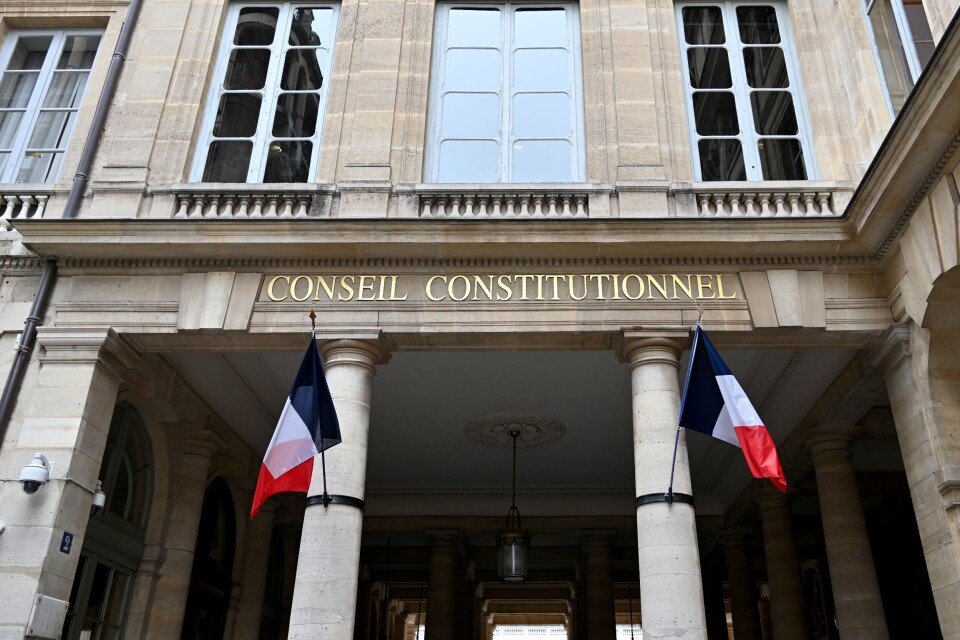-
Can a French bank account be opened before moving?
Online and physical banks compete with brokers in finding best solution for those on the hunt for a property
-
90/180 days rule: Can visa-free days be used to enter France before start of visa?
Be wary of spending too much time in France or you may be seen as a tax resident
-
Are there smartphone apps that show the location of parking spaces in France?
There are several digital methods to pay for a parking spot
Is it true that squatters can sue property owners in France?
A new ‘anti-squatting’ law that tightened regulations was recently passed by the government

Reader Question: I read that squatters have the right to sue property owners for repairs in a building. Is this true?
A new ‘anti-squatting’ law was recently passed by the government, after it was sent to the Constitutional Council to rule on its eligibility.
The law saw a tightening of regulations surrounding squatters, notably increasing the penalties they may face, including heavy fines and prison sentences.
Left-wing MPs voted for the law to be sent to the Constitutional Council to rule on, as they claimed that in some circumstances it was too harsh.
Almost all of the bill was accepted by the Council except for Article 7, which was subsequently removed, with the law put into effect soon after.
Article 7 would have released homeowners from responsibility to maintain a squatted property, and see them exonerated from cases where harm befell someone due to the poor conditions of the property.
This ruling made national attention, with a number of political commentators (mostly on the right) claiming that it meant people squatting in properties could use it to sue owners if they are injured while squatting.
Can they really sue?
The reality is that any case in which a squatter attempted to use the law to sue would probably be dismissed.
“Various commentators thought it necessary to state that the Constitutional Council had decided that, from now on, any illegal occupier of a dwelling could obtain compensation from the owner, if the property was poorly maintained” said the Constitutional Council in a press statement.
“This is in no way the scope of our decision,” it added. “The censure of article 7 of the law referred to has the sole effect of maintaining the state of the law,” it said.
The law in question is Article 1244 of the Civil Code, which states: "The owner of a building is liable for the damage caused by it being in disrepair, when this is the result of a lack of maintenance or a defect in its construction.”
Squatters themselves do not have a specific right to protection from damage caused by the state of a property in which they are squatting – and most judges would not see this law as reasonable justification.
Read more: Controversial ban on public sitting in French town partially suspended
Article is aimed at third-parties
In reality, the law is more focused on a poorly-maintained property injuring an innocent passerby, for example, being hit by a falling roof tile.
The article was never intended to be used by a squatter seeking to sue the owner of the property in which they were living.
The Constitutional Council added that it did not prohibit the government or future lawmakers from legal changes that might seek “to adjust the division of liability between the owner and the unlawful occupier.”
For now, however, no further updates to the law have been made or are in the pipeline.
Read also
Tips on reducing the risk of a break-in at your home in France
I have a second home in France, what should I do if squatters get in?
























